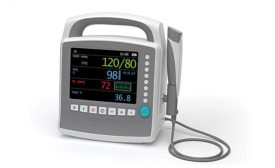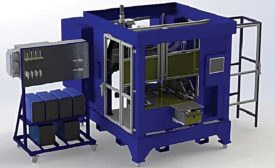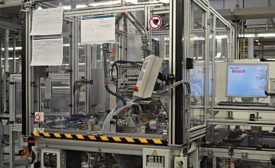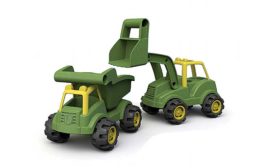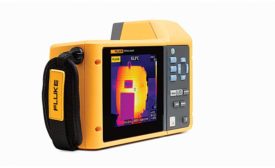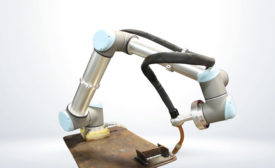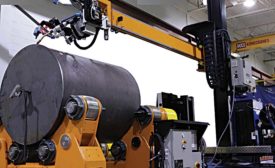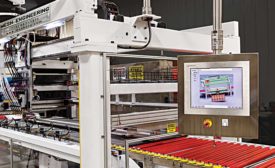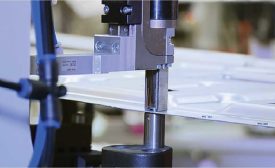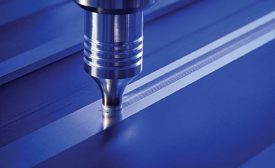Plastics & Metal Welding Assembly
Assembly Methods for Bioplastics
Plastics made from plant-based materials are increasingly being used in a variety of applications.
February 5, 2018
Inspection With Thermal Imaging
Manufacturers are using infrared cameras to aid preventive maintenance and find defects in heat-related assembly processes.
January 8, 2018
Fasteners for Automotive Lightweighting
Hybrid welding-fastener processes join self-piercing riveting as the best technologies for automotive lightweighting.
October 17, 2017
Friction Stir Welding Expands Its Reach
Originally developed for joining aluminum, friction stir welding is now being applied to other materials, including steel, copper, titanium and even nylon.
October 12, 2017
Never miss the latest news and trends driving the manufacturing industry
Stay in the know on the latest assembly trends.
JOIN TODAY!Copyright ©2024. All Rights Reserved BNP Media.
Design, CMS, Hosting & Web Development :: ePublishing
